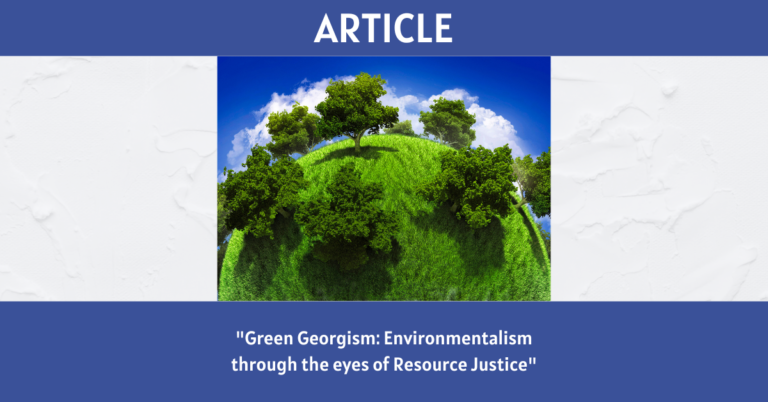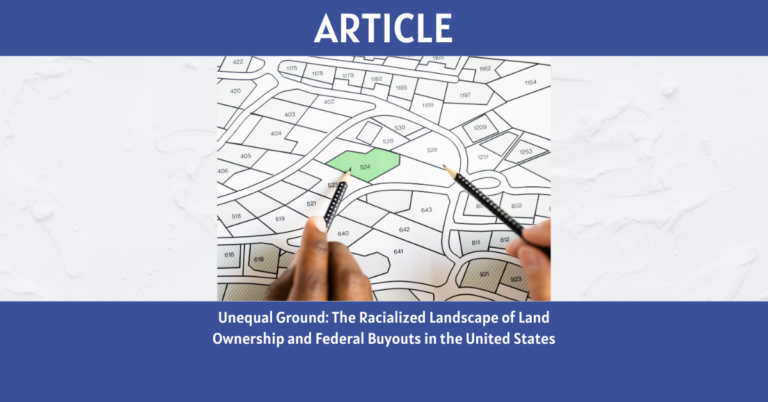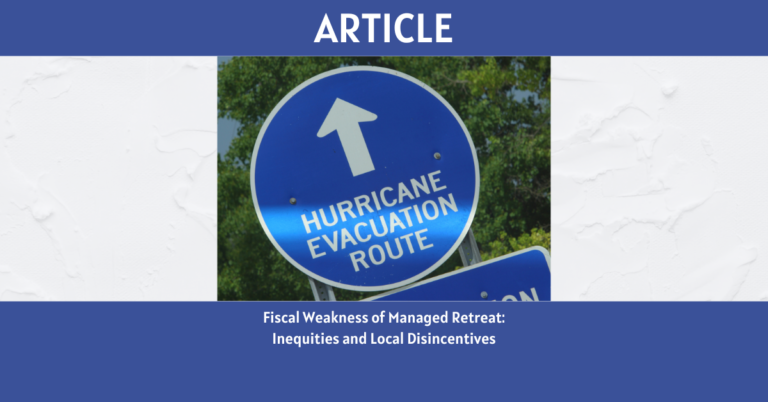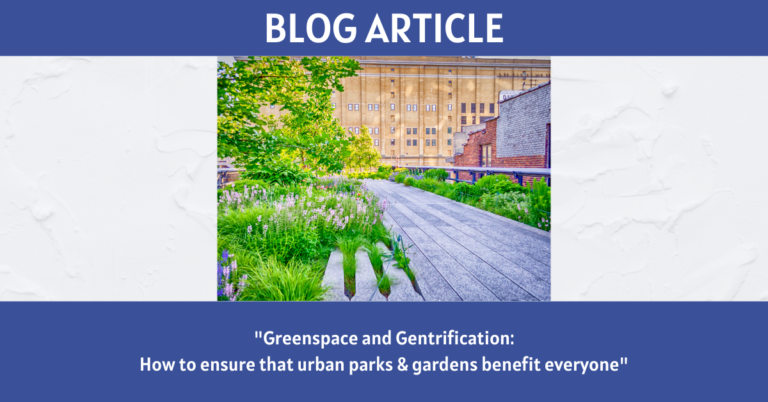
Georgism has always been Green: a tale of two movements
Building upon the foundation laid in our first blog, “Green Georgism: Environmentalism through the eyes of Resource Justice,” our second piece delves deeper into the connections between Henry George’s ideas and key perspectives from the past century of environmentalism. This blog explores how Georgism dovetails with key aspects of environmentalism, and provides useful insights into the sustainable and equitable management of natural resources. By examining the broader definition of land as encompassing all natural materials, forces, and opportunities, we align George’s vision with modern environmental concerns, addressing issues such as urban sprawl, wealth inequality, and the preservation of natural capital.




